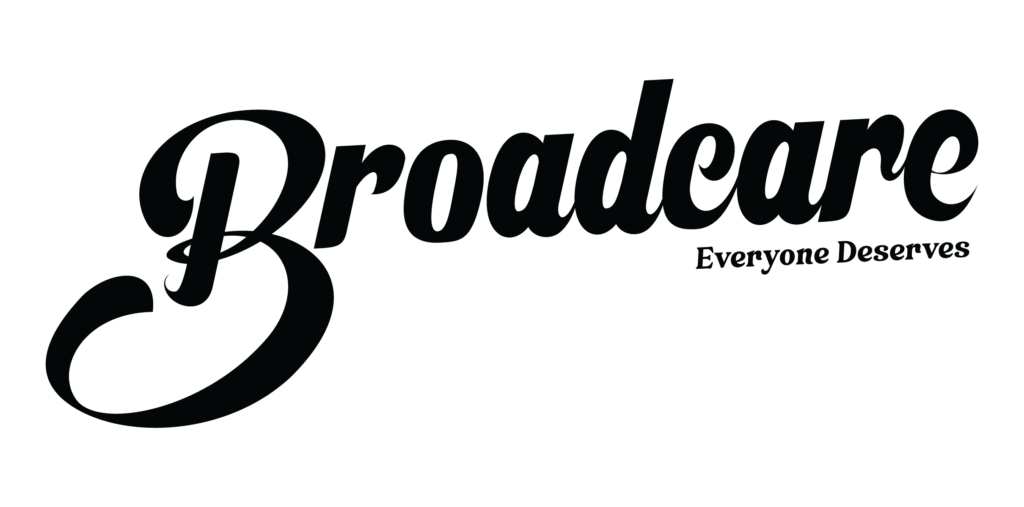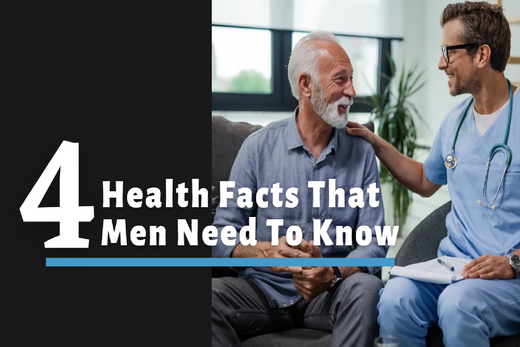Becoming a vegetarian is an increasingly popular option. Although the term “vegetarian” commonly refers to a diet that is plant-based, however there are many various types of vegetarian diets. What type of vegetarian diet a person follows is determined by a variety of factors, including health, environmental, legal, social or economic considerations.

As more and more individuals reduce their meat intake, one essential question remains: Are vegetarian diets healthy? The answer is yes IF it’s appropriately planned. However, many myths or misconceptions still surround the health implications of a vegetarian diet.
Misconception #1: Vegetarians have hard times getting enough proteins.
As meat has become synonymous with protein, many people may struggle when it comes to identify non-meat sources of protein. However, there are many versatile plant-based sources of protein that fit into a healthy eating plan: lentils, beans, seeds, nuts, soy products, whole grains and (for lacto-ovos) eggs and dairy food.
The commonly recommended range of protein for both men and women is roughly 0.8 to 1.0 grams per kilograms of weight. Here’s a list of food choices and its protein content.

Source: USDA Nutrient Database for Standard Reference, Legacy, 2018 and manufacturers’ information.

Misconception #2: Only dairy food can help build and protect strong bones.
To build strong bones, we need calcium, vitamin D and protein. All these nutrients can also be found in plant food such as tofu, kales, broccoli, bak choy and other leafy green vegetables. Besides that, going out for some sunshine and weight-bearing exercises such as yoga and strength training can also help boosting bone health.
Misconception #3: You cannot get vitamin B12 in a vegetarian diet.
Vitamin B12(cobalamin) is an essential nutrient that helps make DNA and keeps our body’s nerve and blood cells healthy. It can only be found naturally in animal products. Fret not, synthetic forms of vitamin B12 are now widely available and added to many foods such as fortified cereals.
Did you know? Vitamin B12 is synthesised by our gut flora. Simply, gut bacteria can produce vitamin B12. Click here to find out how you can keep your gut flora flourish and balanced!
Misconception #4: Vegetarian diet is not suitable for pregnant women, children and athletes.
A well-planned vegetarian diet can meet the nutrient needs of people from all stages of life, including pregnant and lactating women, children and athletes. All it takes is a little diligence in menu planning.
Misconception #5: All food labelled vegetarian means healthy.
Just because the food is plant-based and/or labelled “vegetarian” or “vegan” does not automatically equal to healthy. For instant, cookies, chips, plant-based burger and other meat substitutes/ imitations might be vegetarian food, but they are also likely high in added sugar, salt, inflammatory oils, preservatives or other ingredients that we don’t want. The best way is to always read your food labels before getting them into your grocery bags.

All in all, to get the most out of a vegetarian diet, choose a variety of healthy plant-based foods, such as whole fruits and vegetables, legumes and nuts, and whole grains. At the same time, cut back on less healthy choices, such as sugar-sweetened beverages, fruit juices, refined grains and meat imitations.
References:
- O’Leary F, Samman S. Vitamin B12 in health and disease. Nutrients. 2010;2(3):299-316. doi:10.3390/nu2030299
- WHO/ FAO/ UNU (2007) World Health Organization/ Food and Agriculture Organization/ United Nations University, Protein and amino acid requirements in human nutrition; Report of a joint FAO/WHO/UNU Expert Consultation Technical Report Series No 935. WHO, Geneva (2007)








